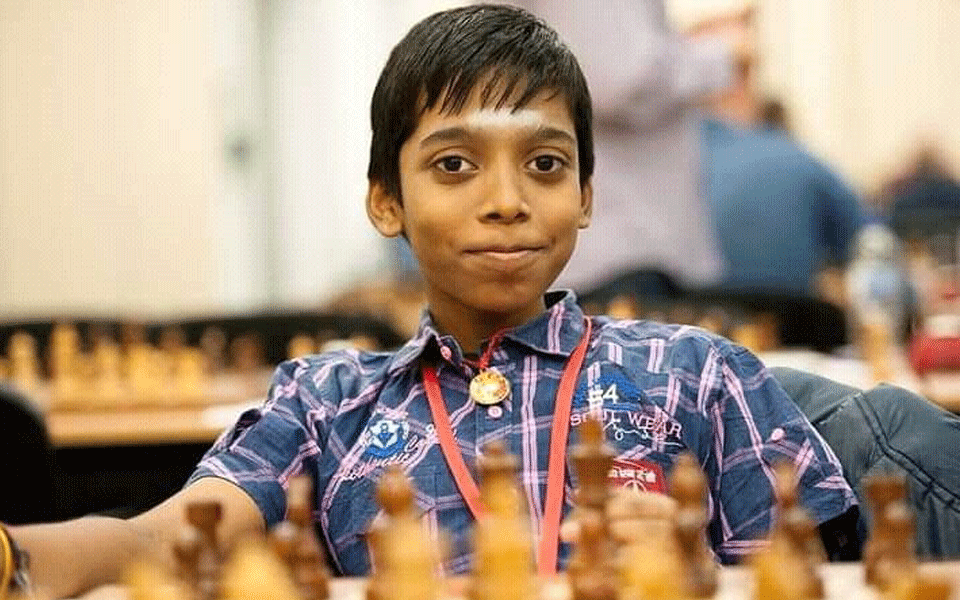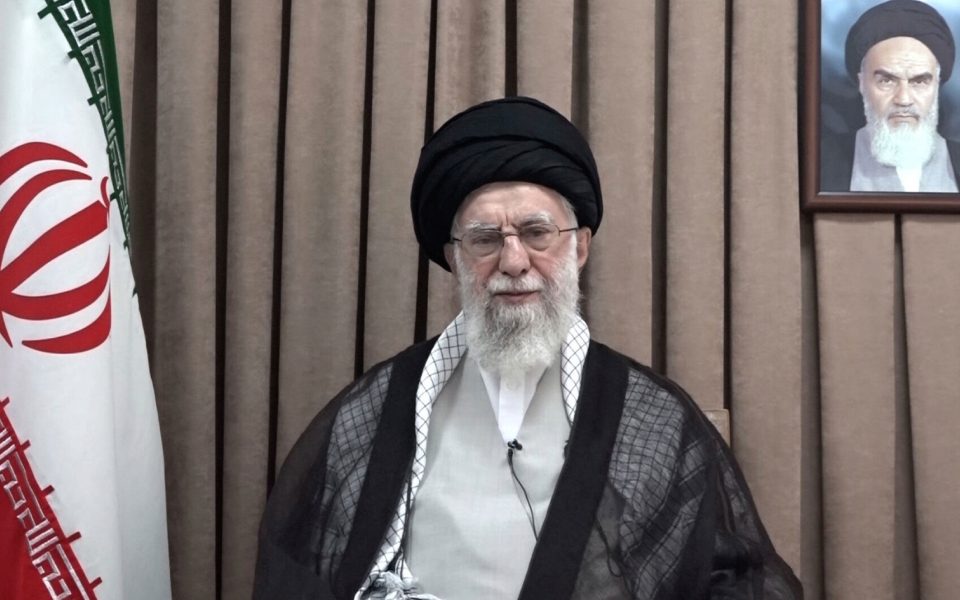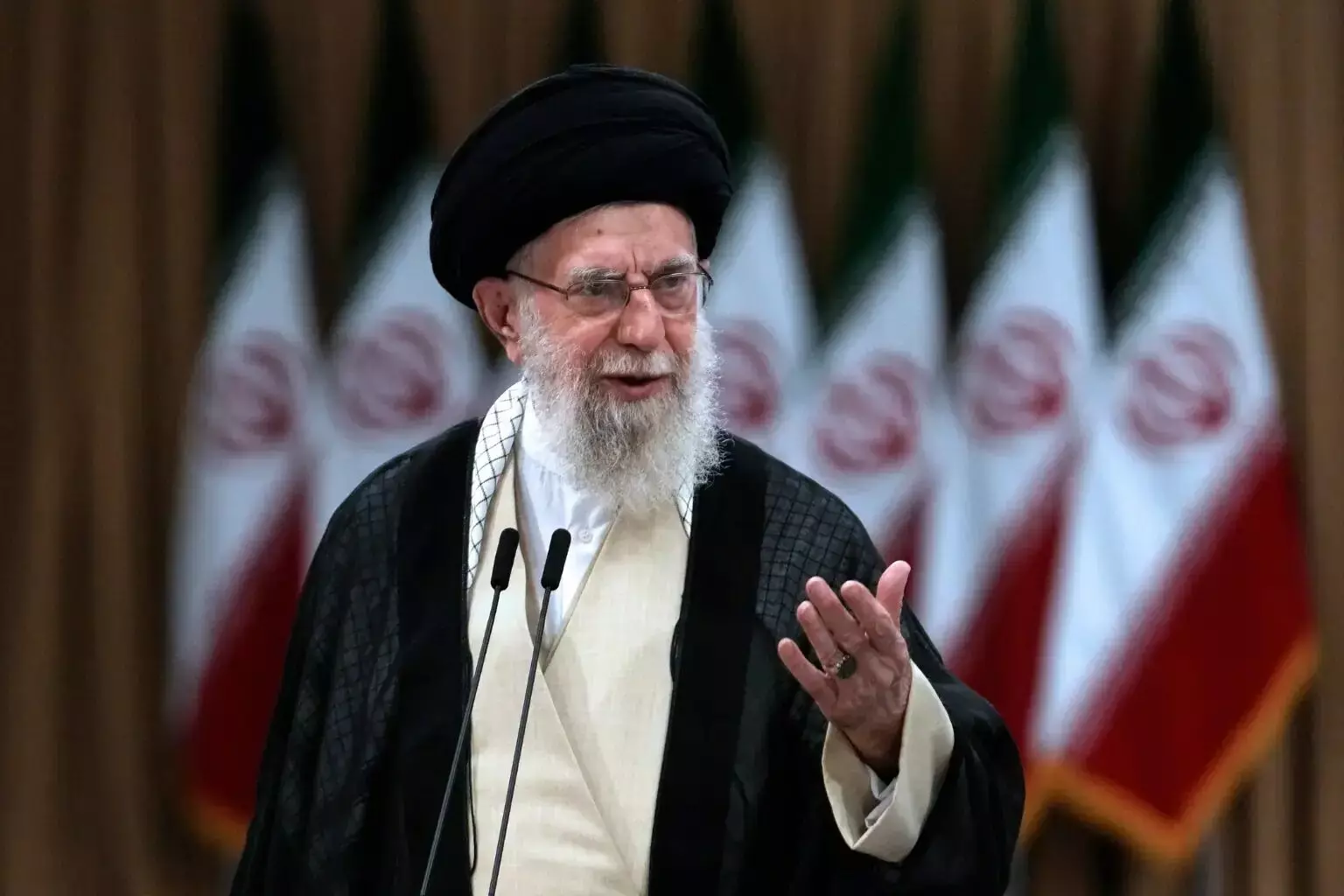Chennai (PTI): Indian Grandmaster R Praggnanandhaa defeated Russia's Vladislav Artemiev in the 15th and final round of the preliminary phase of the Airthings Masters, an online rapid chess tournament, but missed out on qualifying for the quarterfinals.
The 16-year-old started the final day of the preliminary rounds with a draw against German Vincent Keymer in round 13 before going down to Hans Mokko Niemann (USA) in the next.
His stirring win over world champion Magnus Carlsen in the eighth round caused a flutter but up-and-down performances pegged Praggnanandhaa back.
He finished 11th in the standings with 19 points with the top eight going through to the knockout phase.
A 32-move win over Keymer saw the teenaged Indian GM finish the event on a high.
He scored five wins from 15 rounds, drew four games and lost six. The victories included those over Carlsen, top-10 player Lev Aronian, Russian Andrey Esipenko, former women's world champion Alexandra Kosteniuk and Keymer.
Russia's Ian Nepomniachtchi topped the preliminary stage, racking up 29 points while Carlsen overcame a few defeats to finish second on 25 points, followed by Artemiev (24).
Esipenko, Eric Hansen (Canada), Ding Liren and Liem Quang Le (both China) and Keymer rounded off the top eight.
In the 16-player Airthings Masters, a player received three points for a win and one for a draw in the preliminary rounds.
Let the Truth be known. If you read VB and like VB, please be a VB Supporter and Help us deliver the Truth to one and all.
Tehran: Iran’s semi-official Fars news agency is reporting that several close family members of Supreme Leader Ayatollah Ali Khamenei have been killed in the recent joint US-Israeli strikes on Iran.
According to Fars, the supreme leader’s daughter, son-in-law and grandson were killed in the attacks. The agency, which is aligned with the Islamic Revolutionary Guard Corps (IRGC), cited sources close to Tehran’s leadership for the information.
This report follows wide-ranging claims and counter-claims about the impact of the strikes on Iran’s top leadership. Israeli and US officials have suggested that Khamenei himself was killed, though Tehran has repeatedly denied those claims and described them as psychological warfare.
There has been no official confirmation from Iranian authorities regarding the deaths of Khamenei’s family members, and independent verification of the reports is still lacking.





